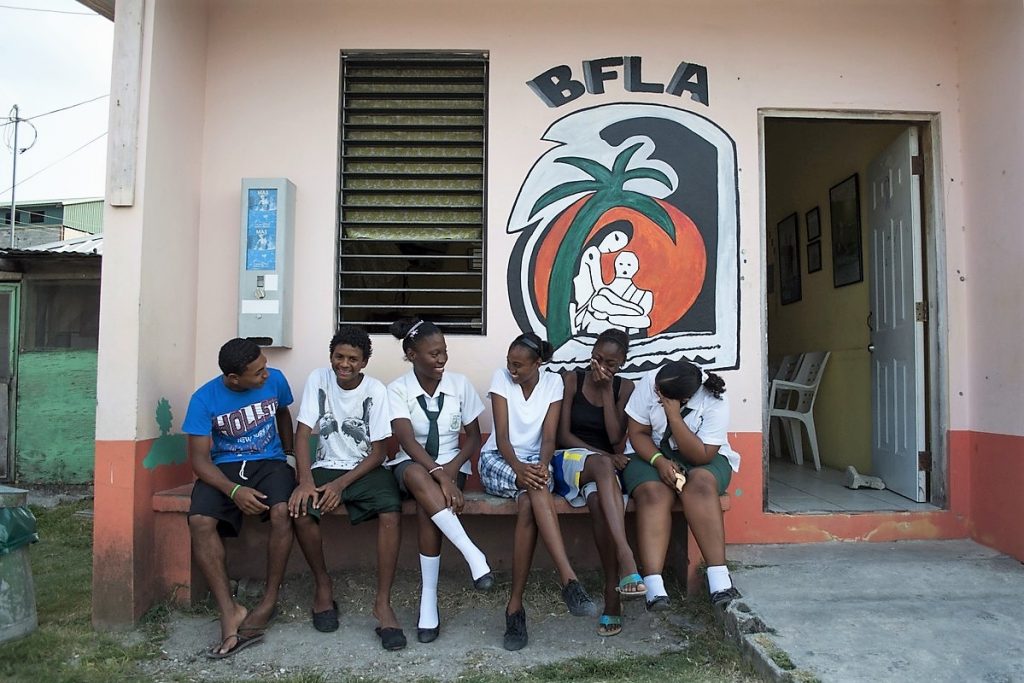In the aftermath of a disaster, health care facilities are important hubs, providing life saving services more quickly and effectively than international responses. This is why it’s so important to ensure these facilities can weather extreme storms.
Engineers Without Borders USA (EWB-USA) partnered with International Planned Parent Parenthood Federation/Western Hemisphere Region (IPPF/WHR) and the Clara Lionel Foundation to help health care facilities in the Caribbean become more resilient and better protect the women and girls who are vulnerable after a disaster.
Resiliency for Women

Photo Credit: Belize Family Life Association / International Planned Parenthood Federation
When social and structural support systems around them cease to operate, women and girls may lose their homes, jobs and education along with their social networks. This could make them susceptible to malnutrition, disease, long-term disability, poverty and violence.
Women’s sexual and reproductive health needs do not stop or lessen during an emergency, in fact, they may become greater—Sneha Barot, policy analyst at the Guttmacher Institute.
The partnership integrates Sexual Reproductive Health with humanitarian response. It also proves the power of preparedness as it works to build resiliency before natural disasters hit.
“What we focused on with this partnership is looking at what preparedness means in the lens of making these clinics resilient and retrofitting them now,” said Kevin Andrezejewski, senior program manager of EWB-USA’s Engineering Service Corps. “That way when a hurricane or another event like a flood or even earthquake happens, they’re able to be responsive and open up to serve their clients very quickly after one of these occurrences.”
Better for the Caribbean, Better for the World
Through the partnership, EWB-USA engineers assessed a number of clinics across the region in Antigua, Belize, Barbados, the Dominican Republic and Trinidad & Tobago to determine which have the most need for changes. This included roofs that won’t fly off in a hurricane, water storage tanks and solar back up micro power grids.
Health care facilities’ infrastructure was assessed and then retrofitted better withstand natural hazards. Now in the aftermath of disasters, people can come to these facilities to receive information, support and safety. Emergency medical teams can also use the facilities as a logistical base.
The partnership aims to make the Caribbean a climate-resilient zone and model for the rest of the globe.

Photo Credit: Belize Family Life Association / International Planned Parenthood Federation
